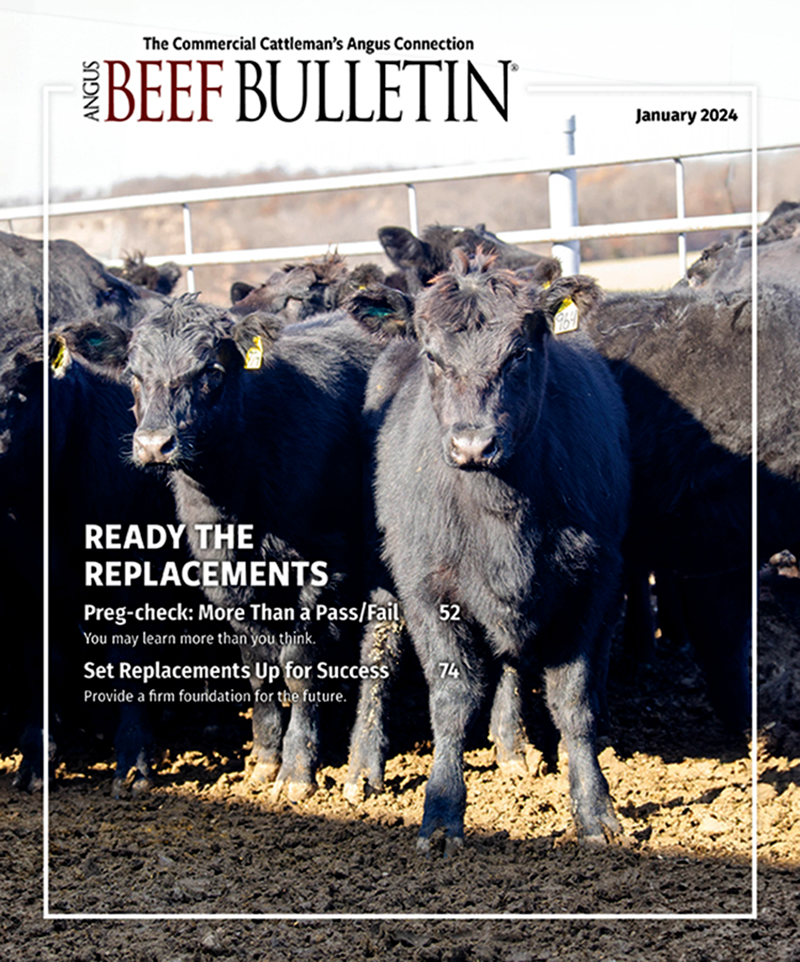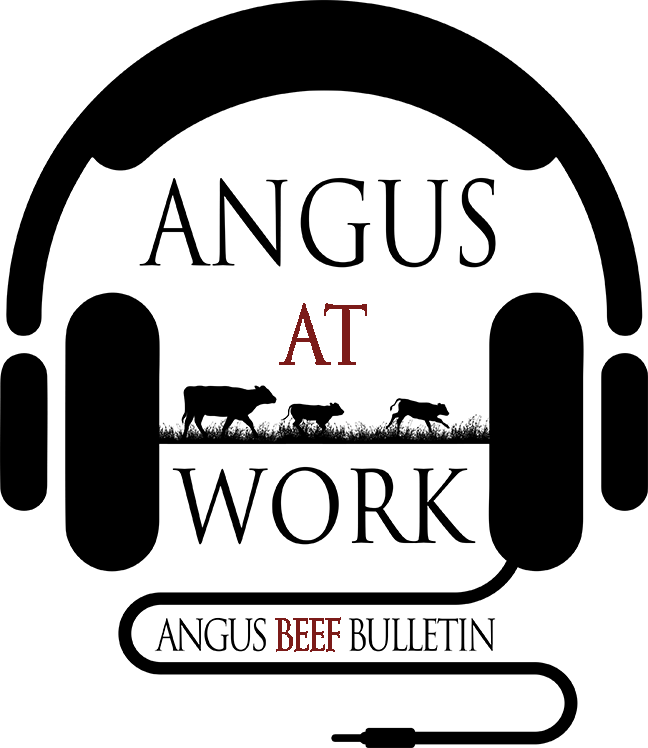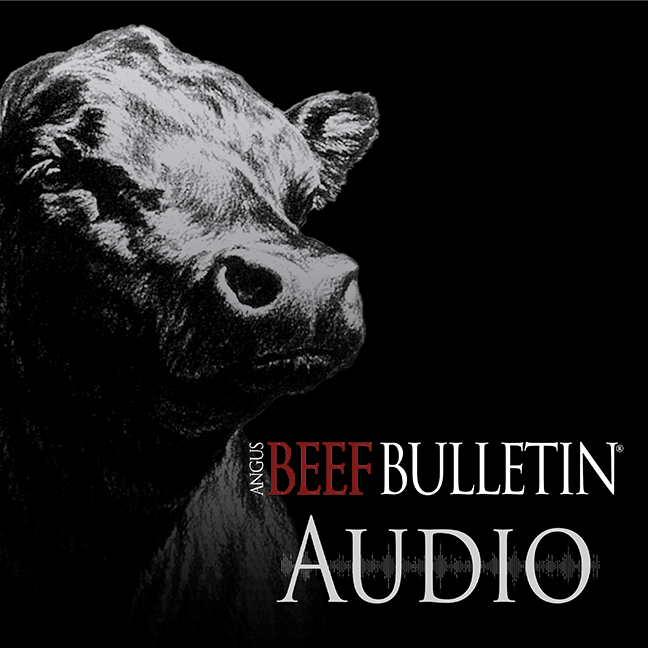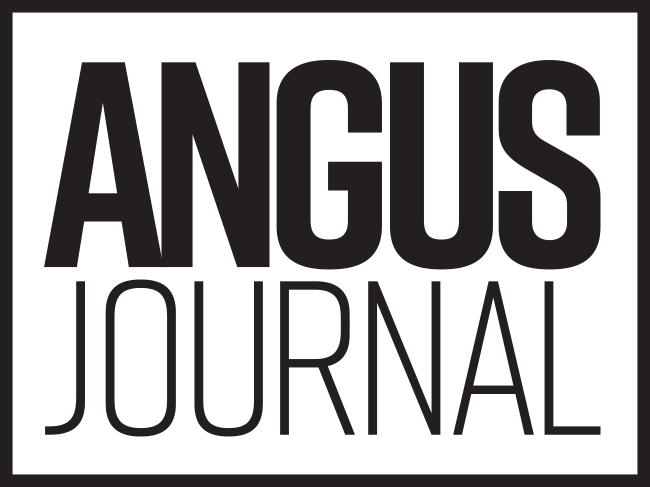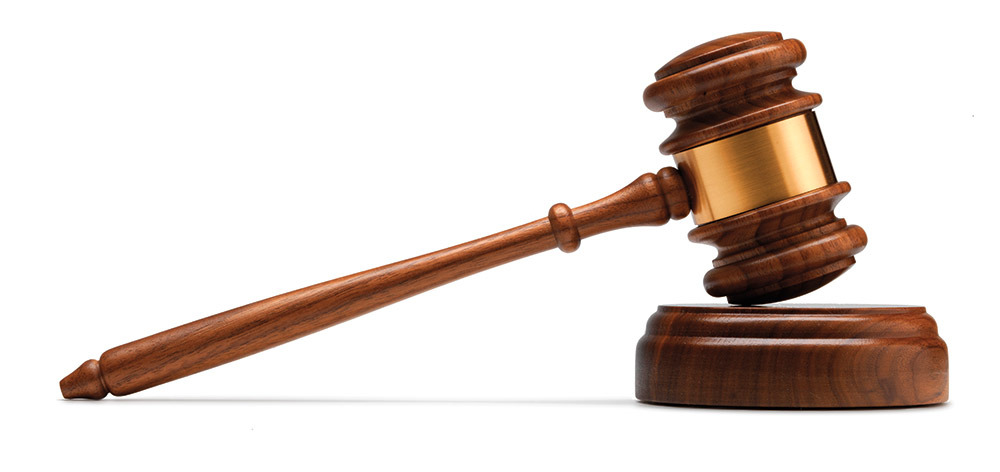
Checkoff Case Progresses
Court grants R-CALF USA’s motion to expand its beef checkoff case to at least 13 more states.
On Nov. 5 the federal district court in Montana granted Ranchers-Cattlemen Action Legal Fund, United Stockgrowers of America’s (R-CALF USA’s) motion to expand its beef checkoff program lawsuit against the USDA to include at least 13 states in addition to Montana.
The district court in Montana previously granted, and the appellate court recently upheld, a preliminary injunction temporarily stopping the USDA from compelling cattle producers in Montana to pay for the private speech of the private Montana Beef Council without first obtaining consent from producers.
R-CALF USA requested the court to expand the case to include these additional states in which producers are similarly required to pay for the private speech of their respective private beef councils without their consent.
The ruling on R-CALF USA’s motion does not apply the temporary injunction in effect in Montana to the additional states. Instead, it allows R-CALF USA to proceed with its original case, in which it seeks a permanent injunction against the USDA for what it calls a Constitutional violation. If successful, the permanent injunction would likely cover cattle producers in each of the new states.
The court granted the USDA 14 days to file an answer to R-CALF USA’s complaint, and the case now proceeds with the additional states.
Under the preliminary injunction in effect in Montana, cattle producers can individually decide if they want half the mandatory assessments collected from them to be spent by the private Montana Beef Council or all of it sent to the beef checkoff program’s Cattlemen’s Beef Board (CBB), where it is subject to governmental fiscal controls.
R-CALF USA CEO Bill Bullard said the state beef councils have been sending about $10 million in checkoff funds each year directly to the National Cattlemen’s Beef Association (NCBA) to fund that group’s Federation of State Beef Councils, and those monies are not subject to the same fiscal controls imposed on the CBB.
“By redirecting their money to the CBB rather than to their state beef councils, cattle producers can reduce the amount of money now flowing to the NCBA under the group’s pay-to-play scheme, which we believe is a form of money laundering,” said Bullard.
Bullard added that if R-CALF USA’s lawsuit is successful, cattle producers in Hawaii, Indiana, Kansas, Montana, Nebraska, Nevada, New York, North Carolina, Pennsylvania, South Carolina, South Dakota, Texas, Vermont and Wisconsin will no longer be compelled to subsidize private or corporate speech.
Attorneys for R-CALF USA include lead counsel David Muraskin, a Food Project Attorney at Public Justice, J. Dudley Butler, of the Farm and Ranch Law Group, and Bill Rossbach of Rossbach Law, P.C., in Missoula, Mont.
Suit opposition
“The simple fact is that regular audits of the beef checkoff and NCBA have found both to be compliant with the laws governing the checkoff. Two audits conducted by USDA’s Office of the Inspector General have also come back clean. R-CALF’s accusations to the contrary are false,” said Kendal Frazier, NCBA CEO. “R-CALF has become nothing more than a front group for activists seeking to divide the industry, lessen beef demand and drive producers out of business.”
Accusations that dollars invested in the Federation of State Beef Councils are being misused are equally false. NCBA has a longstanding commitment to the beef checkoff and the state beef councils, whose collections and demand-building work predate the federal checkoff.
He said it has been repeatedly demonstrated that this lawsuit by R-CALF is being aided by allies at the Humane Society of the United States, Food and Water Watch, Public Justice and other organizations. These groups know that beef demand is increasing in the United States and abroad, in part due to work funded by the checkoff. These achievements make the beef checkoff and other agriculture industry self-help mechanisms a target for organizations and individuals driving a vegetarian agenda.
“It’s unfortunate that R-CALF has chosen to become a puppet in the war being waged by animal rights activists and the vegetarians seeking to drive beef producers out of business,” said Frazier. “Let’s be clear, though, the groups aligning with R-CALF are choosing a future with shrinking beef demand, less opportunity and more government involvement. That’s not the future NCBA members choose, so we will defend the beef checkoff and cattle producers against these attacks.”
Editor’s note: This article was compiled with releases from both R-CALF and NCBA.
